Are you ready to discover a transformation in the construction industry? Construction site waste is no longer a problem: thanks to the technology of crushers and recycling buckets, it has become a valuable reusable resource. Discover how this change is revolutionising the sector.
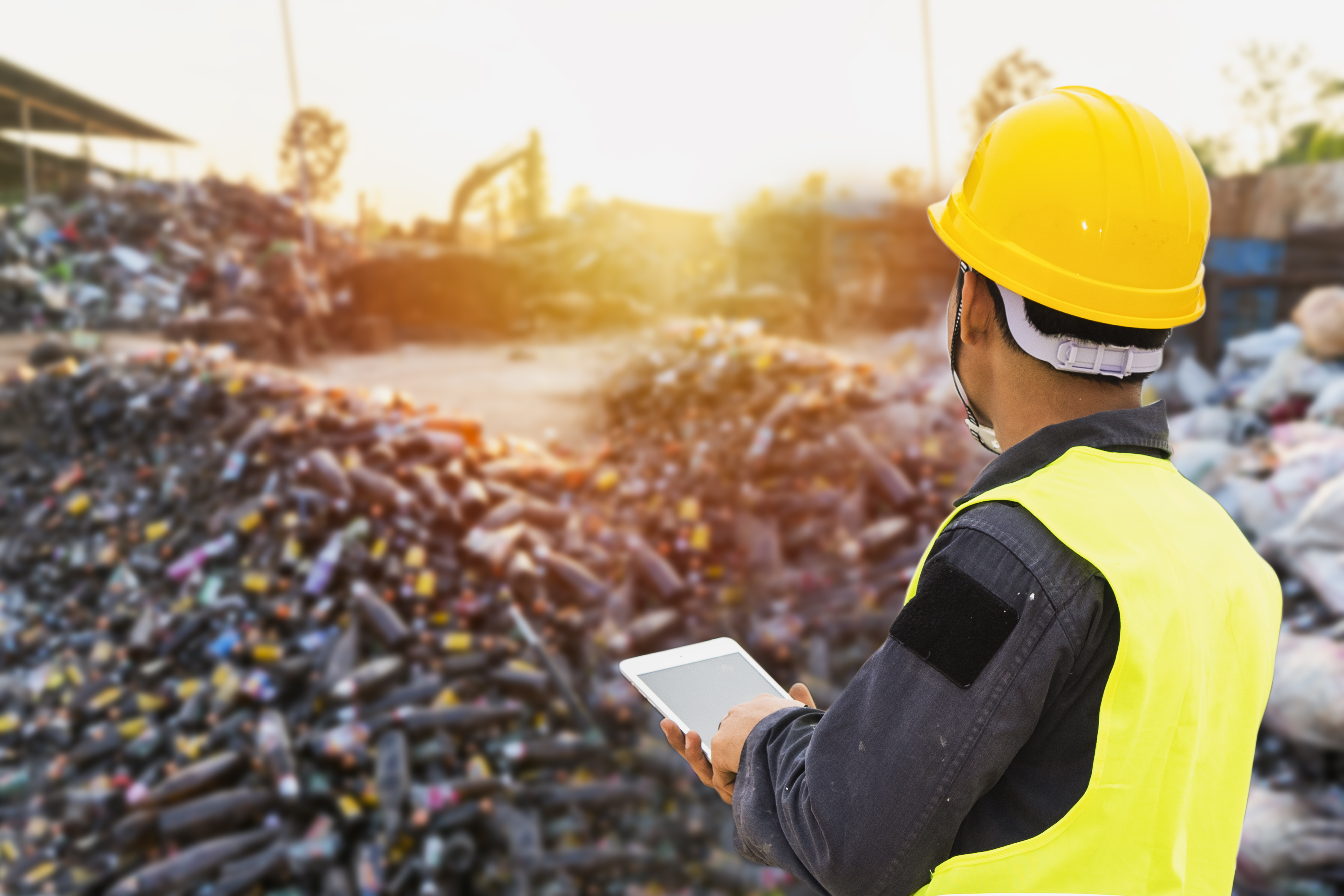
Recycling waste on construction sites is an important sustainable practice. The management and disposal of this waste is a central issue in construction, especially in an era of ecological transition and the push towards a circular economy.
Technologies for managing construction site waste are crucial, along with regulations. We therefore hope that a standard practice will be defined for reusing recovered materials.
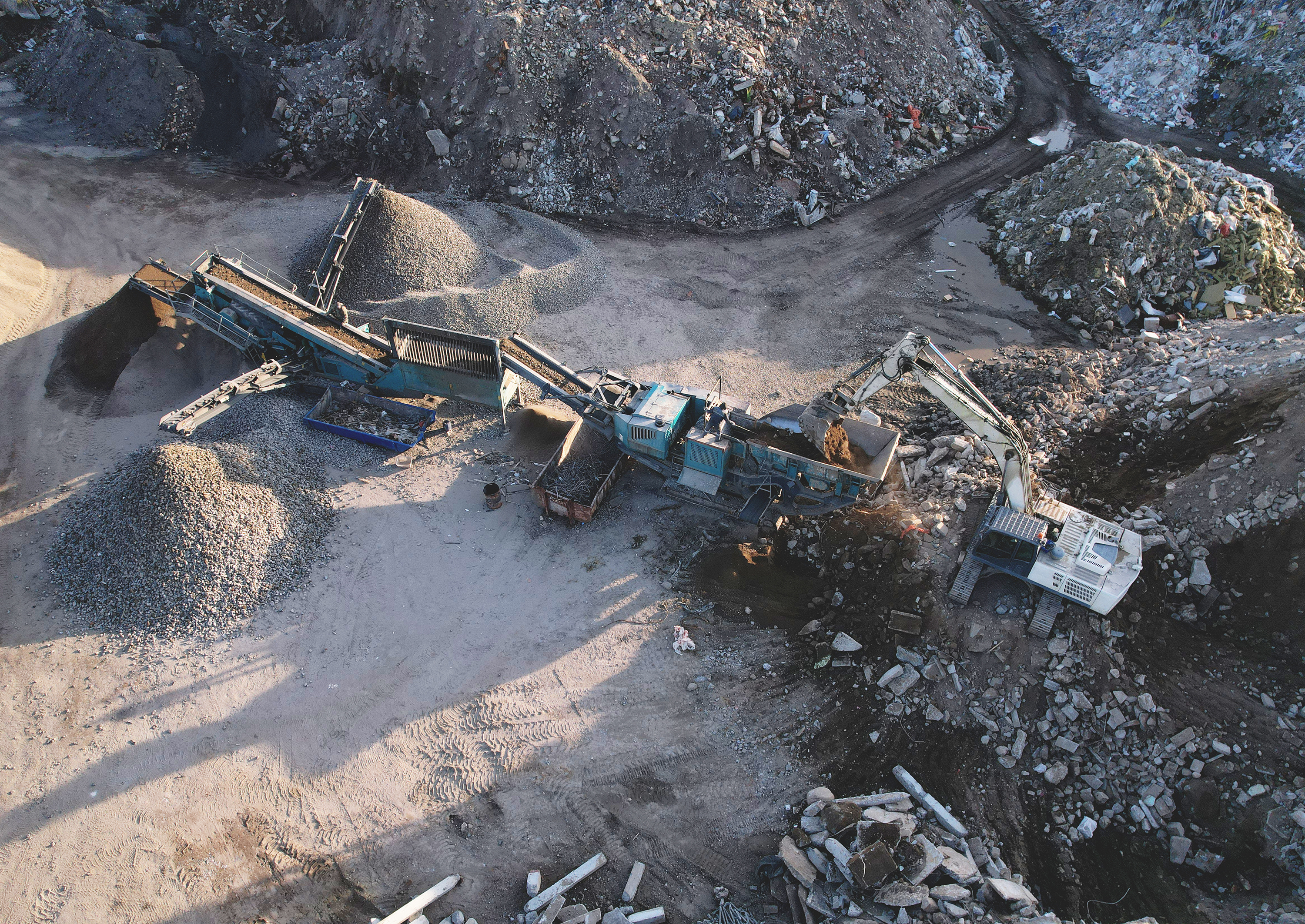
The construction industry faces a growing demand for materials amidst challenges in sourcing virgin materials from quarries. Extracting these materials is becoming increasingly difficult and expensive due to restrictions and transportation costs. This situation perfectly aligns with the need for "zero kilometre" waste reuse – a practice that transforms a growing problem (construction and demolition waste) into a valuable solution.
In Italy alone, an estimated 40 million tons of inert waste is generated annually, requiring proper disposal in authorised landfills. However, illegal dumping is not only environmentally harmful but also financially costly. These factors are driving a shift towards improved on-site treatment and recycling of materials. Mobile crushers and recycling buckets are revolutionising construction waste management by empowering companies to convert waste into a valuable reusable resource. This approach offers a two-fold benefit: it reduces reliance on virgin quarry materials while minimising the amount of waste sent to landfills. Additionally, it cuts transportation costs and emissions associated with hauling waste off-site.
By embracing "zero kilometre" recycling, the construction industry can address material demands in a more sustainable and cost-effective manner. This innovative practice aligns with the push towards a circular economy and environmental responsibility, making it an attractive solution for both economic and ecological reasons.
The rising costs of landfill disposal over the past two decades have pushed the construction industry to explore alternative solutions for managing waste. This has led to the development of facilities specifically designed to process construction and demolition debris. These facilities separate hazardous components and recover recyclable materials.
The availability of fixed and mobile crushing and screening plants, along with specialised equipment like crusher buckets, has radically changed waste management. These tools allow for a three-stream separation process: reusable stone material, recyclable metals, and a smaller fraction requiring landfill disposal. This efficient processing minimises waste and maximises resource recovery.
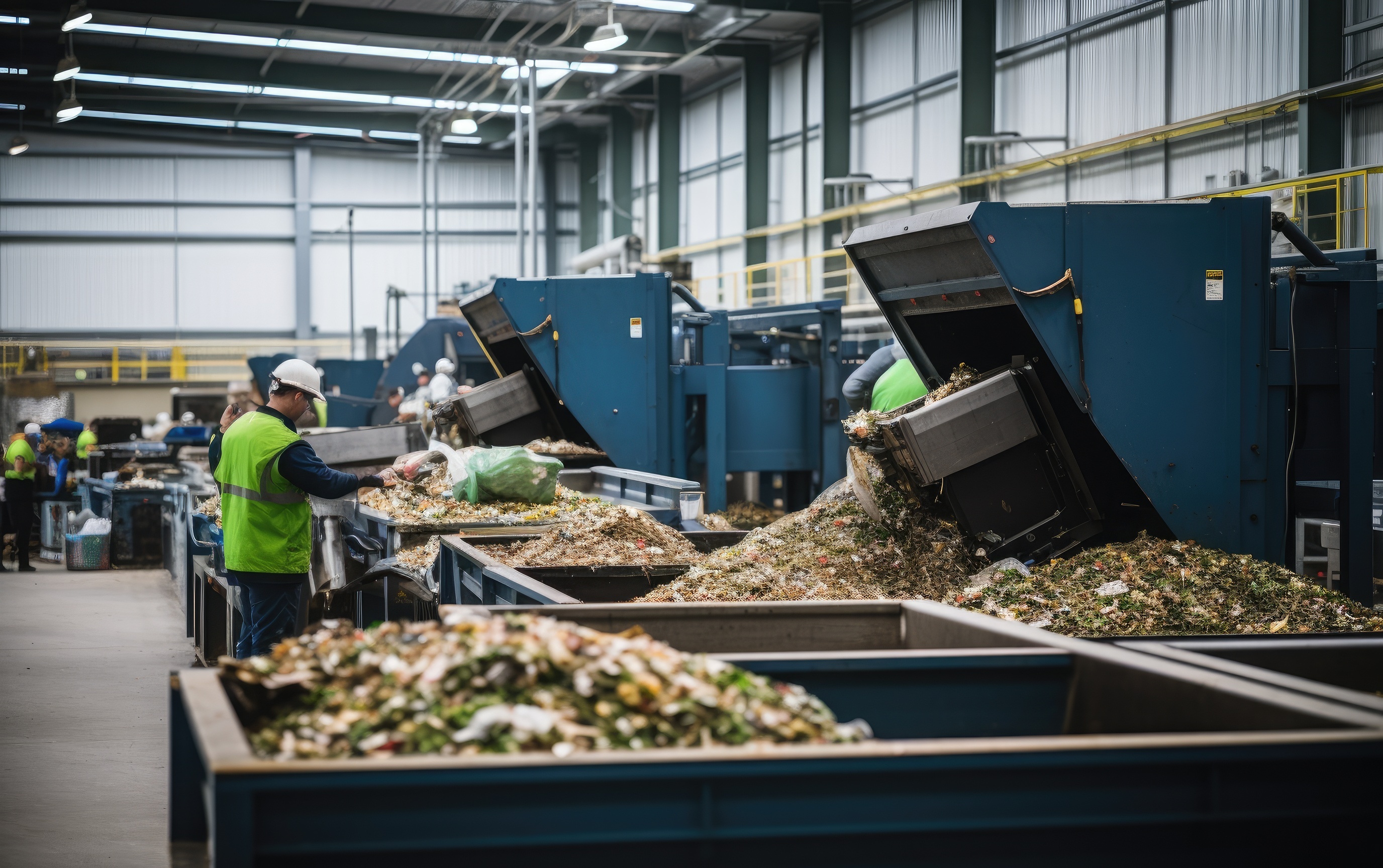
Achieving high-quality recycled materials starts with rigorous quality control of incoming waste. This ensures only suitable materials enter the process. Next comes the separation of unusable fine particles diverted for other purposes. The remaining material undergoes crushing – the critical step that defines the final product's size. Metals are then removed, followed by refinement to eliminate contaminants. Finally, lightweight fractions are separated for separate recycling. Dust and noise generation requires careful management with appropriate containment measures throughout the process. Ultimately, this process yields high-quality recycled materials that can replace virgin resources in various applications, particularly for road bases, industrial building foundations, road superstructures, and even environmental recovery projects like the restoration of degraded areas.
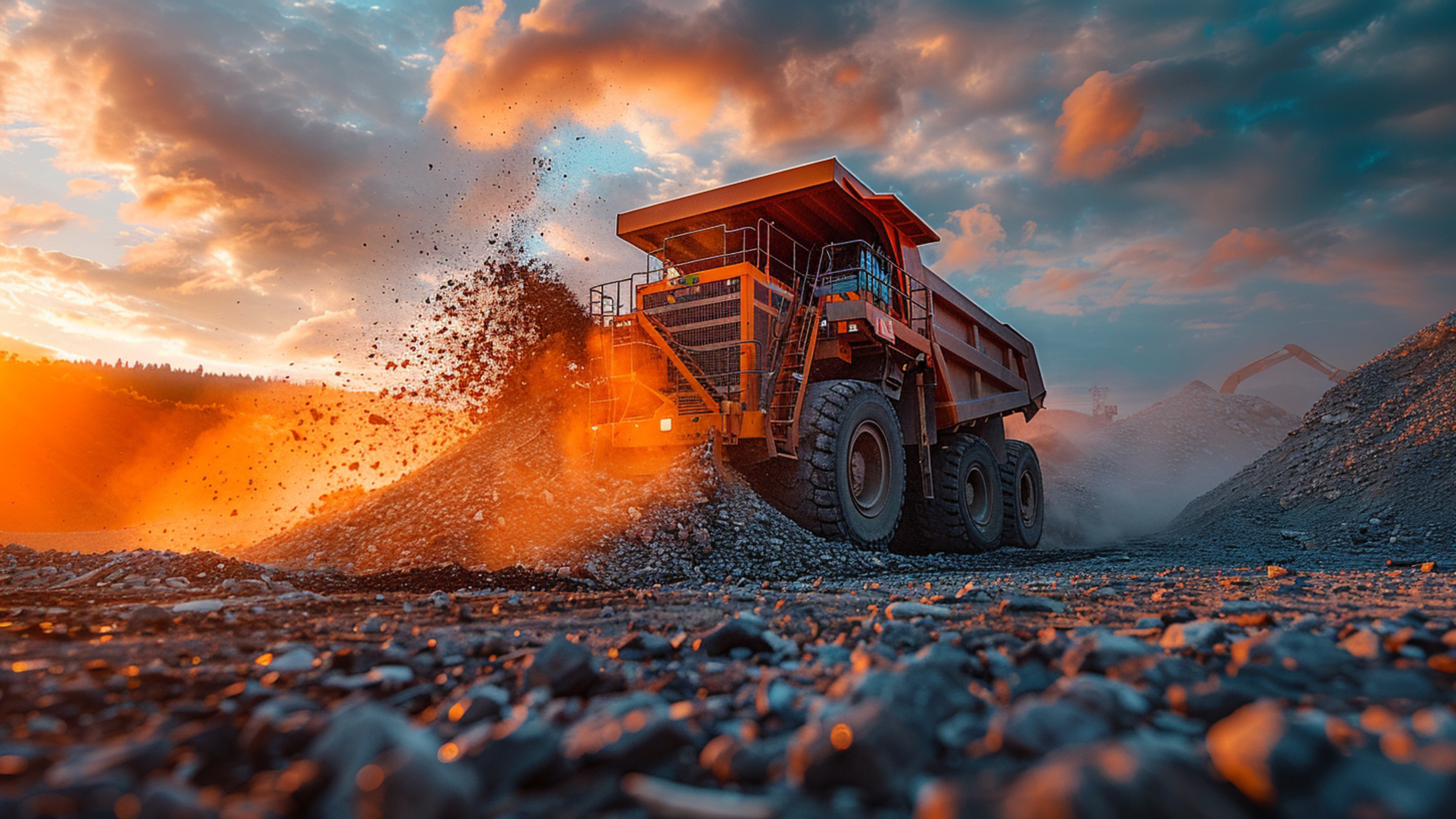
Modern fixed plants for material treatment and recycling utilise advanced technologies to create a uniform and consistent inert material (suitable for reuse) by crushing, screening, and cleaning it. This high-quality recycled material can be used in various applications like foundations and fillings. The specific cleaning process, sometimes involving the removal of lightweight materials, can be adjusted depending on the desired level of recycling.
Mobile crushing units, similar to quarry crushers, primarily reduce the volume of materials fed into the system. With optional equipment, they can also ensure the desired particle size distribution of the output material and remove non-inert fractions. This type of plant can reduce transportation costs when materials are reused on-site. However, careful evaluation of the material characteristics is necessary for their reintegration into production cycles.
Overall, the use of both fixed and mobile crushing units empowers construction companies to recycle and reuse waste materials on the job site directly. This "zero-kilometre" recycling approach aligns perfectly with sustainable practices and the growing emphasis on a circular economy within the construction industry.
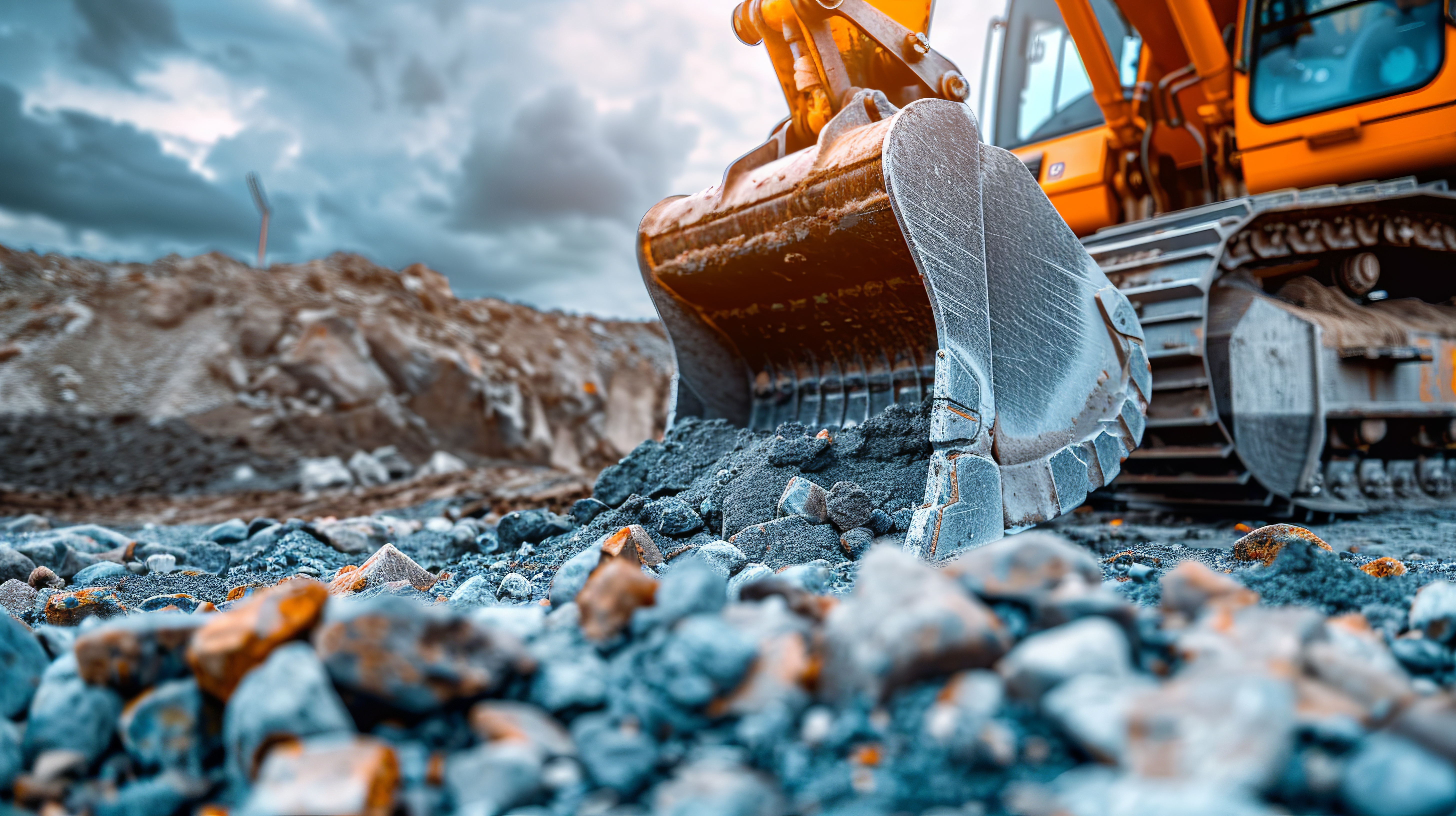
On-site material processing has transformed the demolition industry, offering savings on landfill disposal costs and the ability to reuse materials on-site directly. This has made hydraulic crushers and attachments, powered by excavators or skid loaders, even more crucial.
While skid loaders may offer lower productivity compared to excavators, their practicality and versatility make them an appealing solution. With minimal modifications, it is possible to vary the granularity of the materials and easily replace worn components.
Keep following BKT to stay updated on the latest innovations in the demolition and recycling of construction site materials. Discover how new technologies are radically transforming demolition and recycling practices, offering increasingly efficient and sustainable solutions.
.jpg)